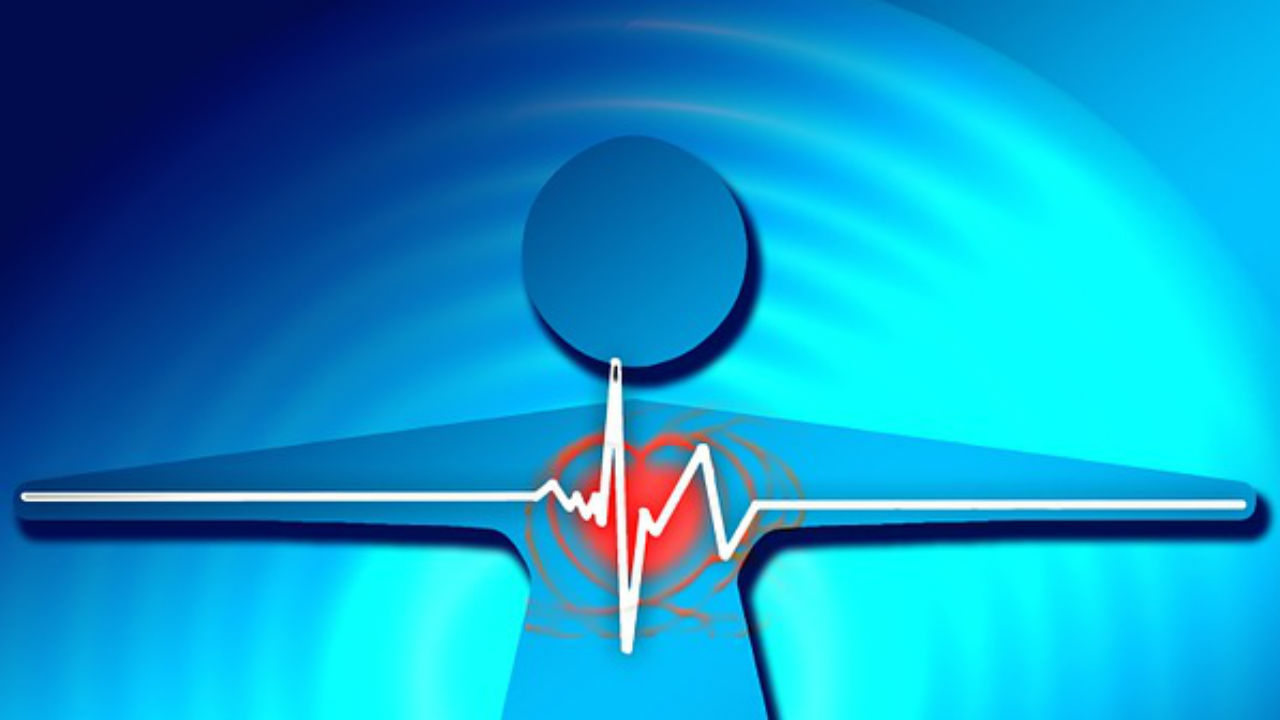Dr. Aklog recalls the most common aortic valve disease (AVD) symptoms.
Dr. Aklog:
There are several common symptoms of aortic valve disease; the most common is shortness of breath. So, when an aortic valve is not working properly, the heart basically has to work harder. Whether the valve is leaking or whether it’s blocked, it generates extra work on the heart, and what that eventually does is cause blood to back up into the lungs, the lungs get congested, and the patient can develop shortness of breath either with exertion, significant exertion, mild exertion or, if it’s severe enough, even at rest.
Another symptom of aortic valve disease, particularly aortic stenosis, or a valve that doesn’t open well, is something called syncope, which is episodes of light-headedness or actually fully passing out and losing consciousness, and the reason that happens is that when your valve can’t open properly and your heart is pumping blood through a very narrow, sometimes even a pinhole area, when your activity puts extra demands on your heart, it simply can’t overcome them. It cannot pump enough blood and you pass out.
So that’s another cause, and then finally the third most common symptom of aortic valve disease again, aortic stenosis, or blocked valve, is chest pain where you can develop chest pain that can really mimic angina or even a heart attack because the blocked aortic valve is making the heart work so hard that it’s acting like it’s not getting enough blood flow. So chest pain is another common symptom.
Of course a patient can have an abnormality of the aortic valve and actually have no symptoms at all, and that really is a testament to the heart’s amazing ability to overcome, the extra capacity it has to overcome an abnormally functioning valve. So the heart compensates so well that the patient can actually function normally and actually be very, really quite active with a really abnormal valve.
So it’s important for patients to understand that they may have no symptoms but may have an abnormal valve that would require some careful follow-up.
About Dr. Aklog, M.D.:
Dr. Lishan Aklog is the current Director and Chief of Cardiovascular Surgery at The Heart and Lung Institute of St. Joseph’s Hospital and Medical Center in Phoenix, Arizona and Director of EmpowHer's Medical Advisory Board. Specializing in adult cardiac care, he graduated from Harvard College followed by Harvard Medical School. Dr. Aklog was a cardiothoracic resident at Brigham and Women’s/Boston Children’s Hospital, an Associate Chief of Cardiac Surgery at Mount Sinai Medical Center in New York, and completed international fellowships in London, England and Paris, France.
View Dr. Aklog Videos:
https://www.empowher.com/users/dr-lishan-aklog
Visit Dr. Aklog at St. Joseph's Hospital and Medical Center


































